Where Can I Cash My Stimulus Check?
If you don't have a bank account, here are a few check-cashing options to consider if you receive a paper stimulus check in the mail.


Profit and prosper with the best of Kiplinger's advice on investing, taxes, retirement, personal finance and much more. Delivered daily. Enter your email in the box and click Sign Me Up.
You are now subscribed
Your newsletter sign-up was successful
Want to add more newsletters?

Delivered daily
Kiplinger Today
Profit and prosper with the best of Kiplinger's advice on investing, taxes, retirement, personal finance and much more delivered daily. Smart money moves start here.

Sent five days a week
Kiplinger A Step Ahead
Get practical help to make better financial decisions in your everyday life, from spending to savings on top deals.

Delivered daily
Kiplinger Closing Bell
Get today's biggest financial and investing headlines delivered to your inbox every day the U.S. stock market is open.

Sent twice a week
Kiplinger Adviser Intel
Financial pros across the country share best practices and fresh tactics to preserve and grow your wealth.

Delivered weekly
Kiplinger Tax Tips
Trim your federal and state tax bills with practical tax-planning and tax-cutting strategies.

Sent twice a week
Kiplinger Retirement Tips
Your twice-a-week guide to planning and enjoying a financially secure and richly rewarding retirement

Sent bimonthly.
Kiplinger Adviser Angle
Insights for advisers, wealth managers and other financial professionals.

Sent twice a week
Kiplinger Investing Weekly
Your twice-a-week roundup of promising stocks, funds, companies and industries you should consider, ones you should avoid, and why.

Sent weekly for six weeks
Kiplinger Invest for Retirement
Your step-by-step six-part series on how to invest for retirement, from devising a successful strategy to exactly which investments to choose.
There are three ways to receive your $1,400 third stimulus check (if you're eligible to receive one). You could have it deposited directly into your bank account, you could receive a prepaid debit card, or you could receive a paper check in the mail. Over 100 million Americans have already received electronic third stimulus payments from the IRS via direct deposit. About 5 million debit cards have been sent, and the IRS has already mailed paper checks over 15 million more people.
If you end up getting a paper stimulus check, you can either cash it or deposit it into your existing bank account. But what if you don't have a bank account—what are your options? Assuming you don't want to open a bank account with your stimulus check, here are a few other ideas to consider. (Use our Third Stimulus Check Calculator to see how much you should get.)
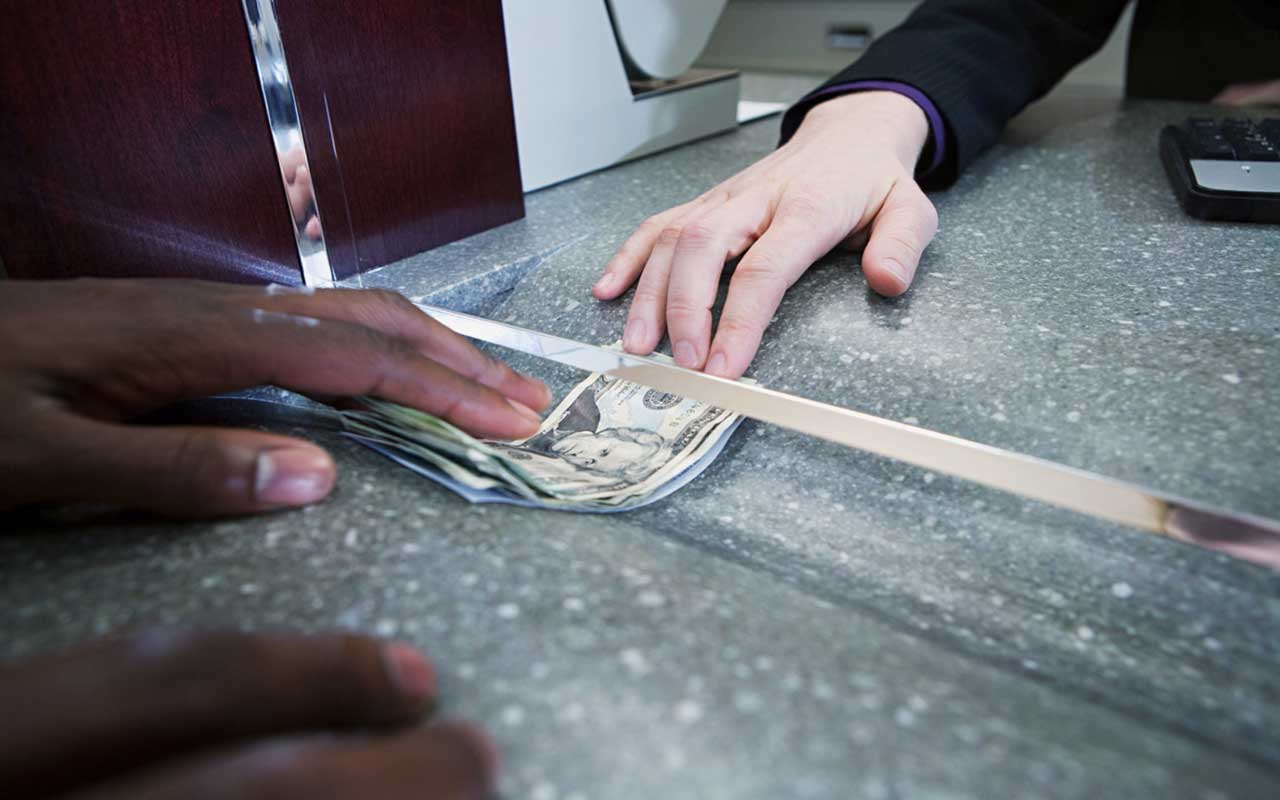
Ask a Local Bank to Cash Your Stimulus Check
Since government checks are considered "safe," some banks will cash stimulus checks for non-customers—but you might have to pay a fee. While many banks are waiving fees for stimulus checks, it's best to call ahead to make sure. If there is a fee, it could run anywhere from $5 to over $20. Also make sure you bring at least two photo IDs with you (e.g., driver's license, passport, military ID, etc.).
The Federal Deposit Insurance Corporation (FDIC), which helps regulate banks and insures bank deposits, has encouraged financial institutions to work with people impacted by the coronavirus crisis, including by waiving fees and easing restrictions on cashing non-customer checks. So, hopefully, there's a bank (or credit union) near you that will cash your stimulus check without a fee.
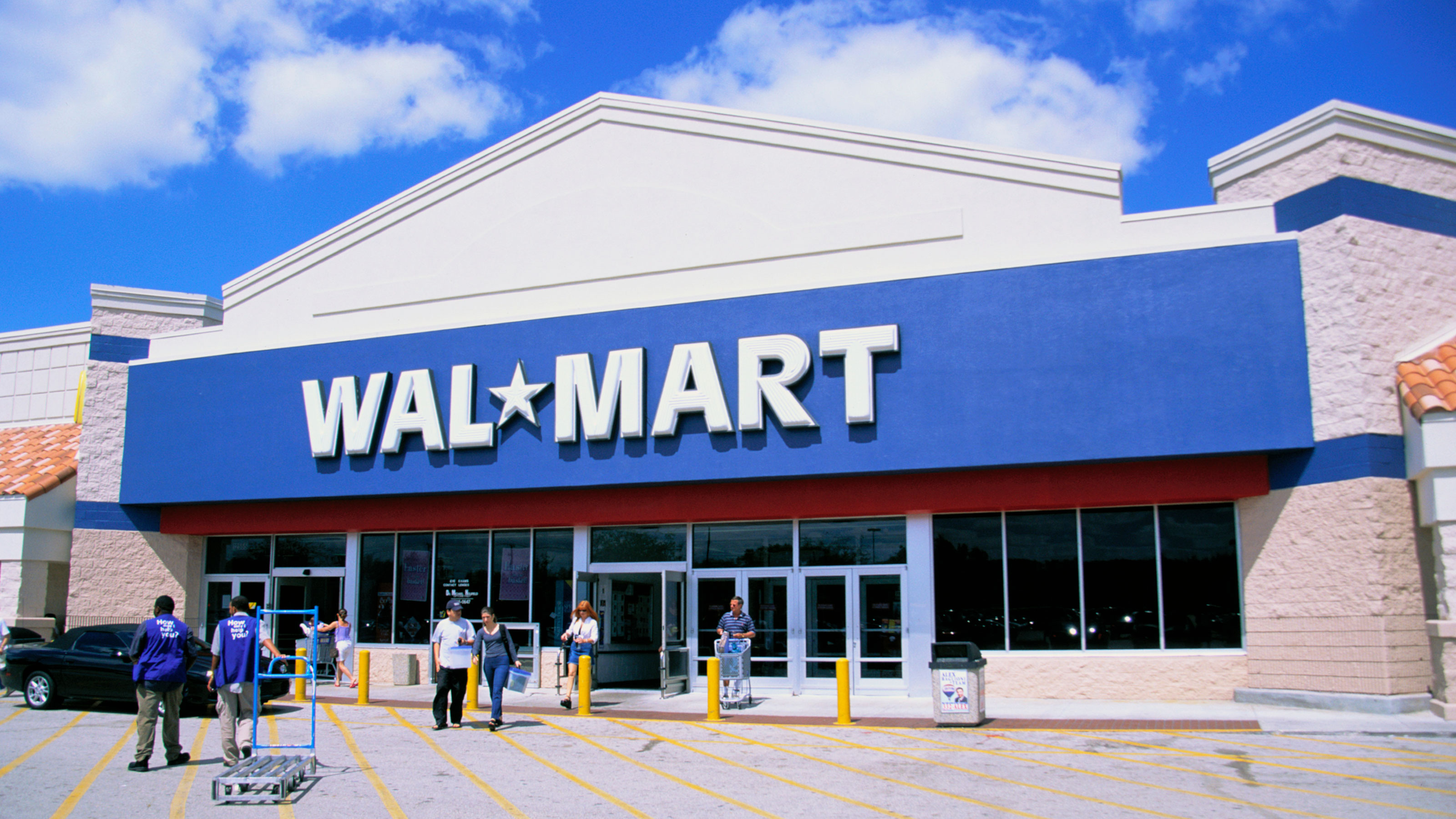
Go to Walmart (or Another Store that Cashes Checks)
Some large retailers will cash your stimulus check for you. Expect to pay a fee, though. Walmart, for example, will cash a government check of up to $5,000. Their fee is $4 for a check up to $1,000; $8 for a check above that amount. You can also have the amount of your stimulus check added to a Walmart "MoneyCard," which is a prepaid debit card.
Your neighborhood grocery store might cash your check, too. For example, if you shop at Kroger, Dillons, King Soopers, Smith's, Fry's Food, or another affiliated grocery store with a Money Services counter, you can cash your stimulus check for a small fee (restrictions may apply). Other grocers across the country cash government checks—so touch base with your local store to see if they offer this service.
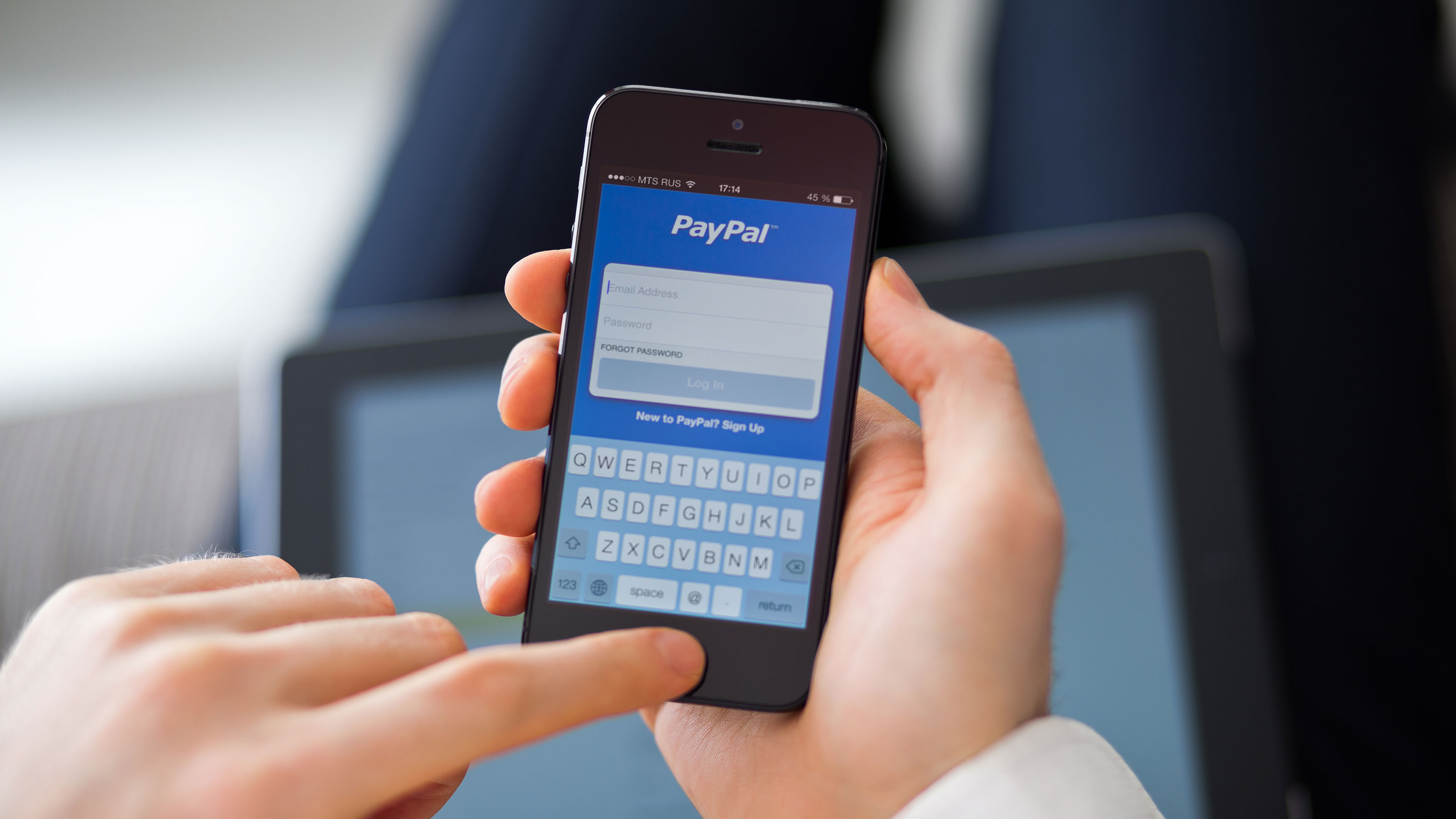
Have the Money Credited to a PayPal (or Similar) Account
PayPal has a service that lets you cash checks and have the amount credited to a PayPal "Cash Plus" account. You can do it all on your phone or other mobile device using the PayPal app. Just take a picture of the check and send it for approval. You pay a fee if you want the money credited to your account immediately, but there's no fee if you can wait 10 days. And now for the good news—PayPal is waiving the fees for paper stimulus checks, so you can get the money into your PayPal account right away for free.
Convenience story giant 7-Eleven also has a debit card program that you can use. Anyone with a Trans@ct Card can cash a check and apply the funds to your debit card account using a smart phone. Undisclosed fees may apply, though (see the cardholder agreement for details).
Netspend, Ingo Money, Venmo, and others provide similar services that let you cash a stimulus check using your phone. Again, make sure you understand the fees before you sign up.
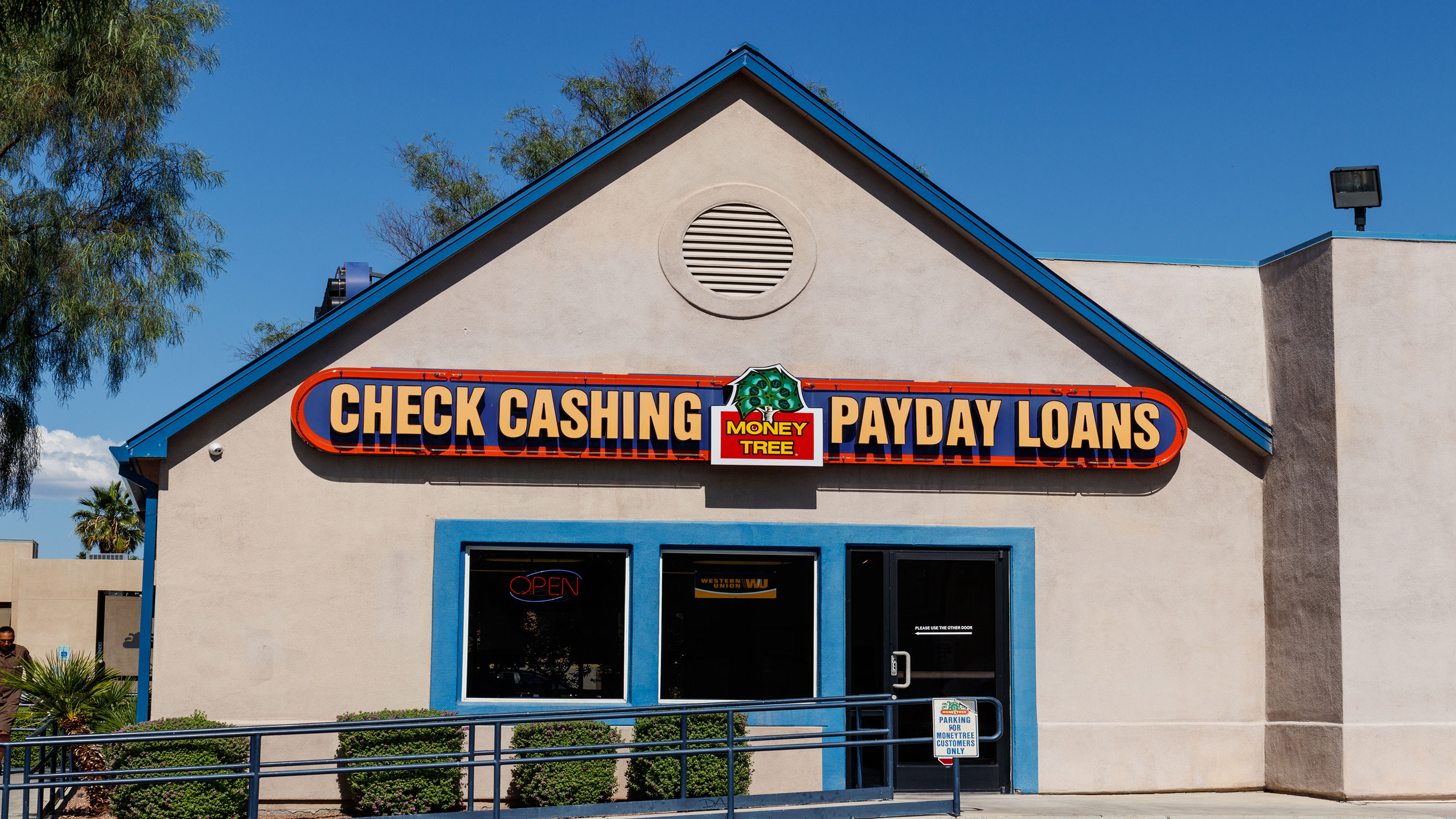
Visit a Cash-Checking Store
Every city and even many small towns have cash-checking businesses that will handle a stimulus check for you. However, there's a good chance you'll pay higher fees at these stores than if you use one of the other options discussed above. For some people, though, the extra cost is worth it because of the store's hours, location, or additional services—and you don't have to have a pre-existing relationship with them.
Some states limit the fees charged by check-cashing businesses. Pennsylvania, for example, limits the charge for cashing a government check to 1.5% of the check's face value (or $21 for a $1,400 stimulus check). In California, the maximum fee for cashing a government check is $3. In other states, like Michigan or Texas, check-cashing businesses are not regulated. As a result, there is no limit on the fees businesses in these states can charge for their services.
Profit and prosper with the best of Kiplinger's advice on investing, taxes, retirement, personal finance and much more. Delivered daily. Enter your email in the box and click Sign Me Up.
Rocky Mengle was a Senior Tax Editor for Kiplinger from October 2018 to January 2023 with more than 20 years of experience covering federal and state tax developments. Before coming to Kiplinger, Rocky worked for Wolters Kluwer Tax & Accounting, and Kleinrock Publishing, where he provided breaking news and guidance for CPAs, tax attorneys, and other tax professionals. He has also been quoted as an expert by USA Today, Forbes, U.S. News & World Report, Reuters, Accounting Today, and other media outlets. Rocky holds a law degree from the University of Connecticut and a B.A. in History from Salisbury University.
-
 Dow Adds 1,206 Points to Top 50,000: Stock Market Today
Dow Adds 1,206 Points to Top 50,000: Stock Market TodayThe S&P 500 and Nasdaq also had strong finishes to a volatile week, with beaten-down tech stocks outperforming.
-
 Ask the Tax Editor: Federal Income Tax Deductions
Ask the Tax Editor: Federal Income Tax DeductionsAsk the Editor In this week's Ask the Editor Q&A, Joy Taylor answers questions on federal income tax deductions
-
 States With No-Fault Car Insurance Laws (and How No-Fault Car Insurance Works)
States With No-Fault Car Insurance Laws (and How No-Fault Car Insurance Works)A breakdown of the confusing rules around no-fault car insurance in every state where it exists.
-
 States That Tax Social Security Benefits in 2026
States That Tax Social Security Benefits in 2026Retirement Tax Not all retirees who live in states that tax Social Security benefits have to pay state income taxes. Will your benefits be taxed?
-
 Ten States with the Lowest Sales Tax in 2025
Ten States with the Lowest Sales Tax in 2025Sales Tax Living in one of the lowest sales tax states doesn't always mean you'll pay less.
-
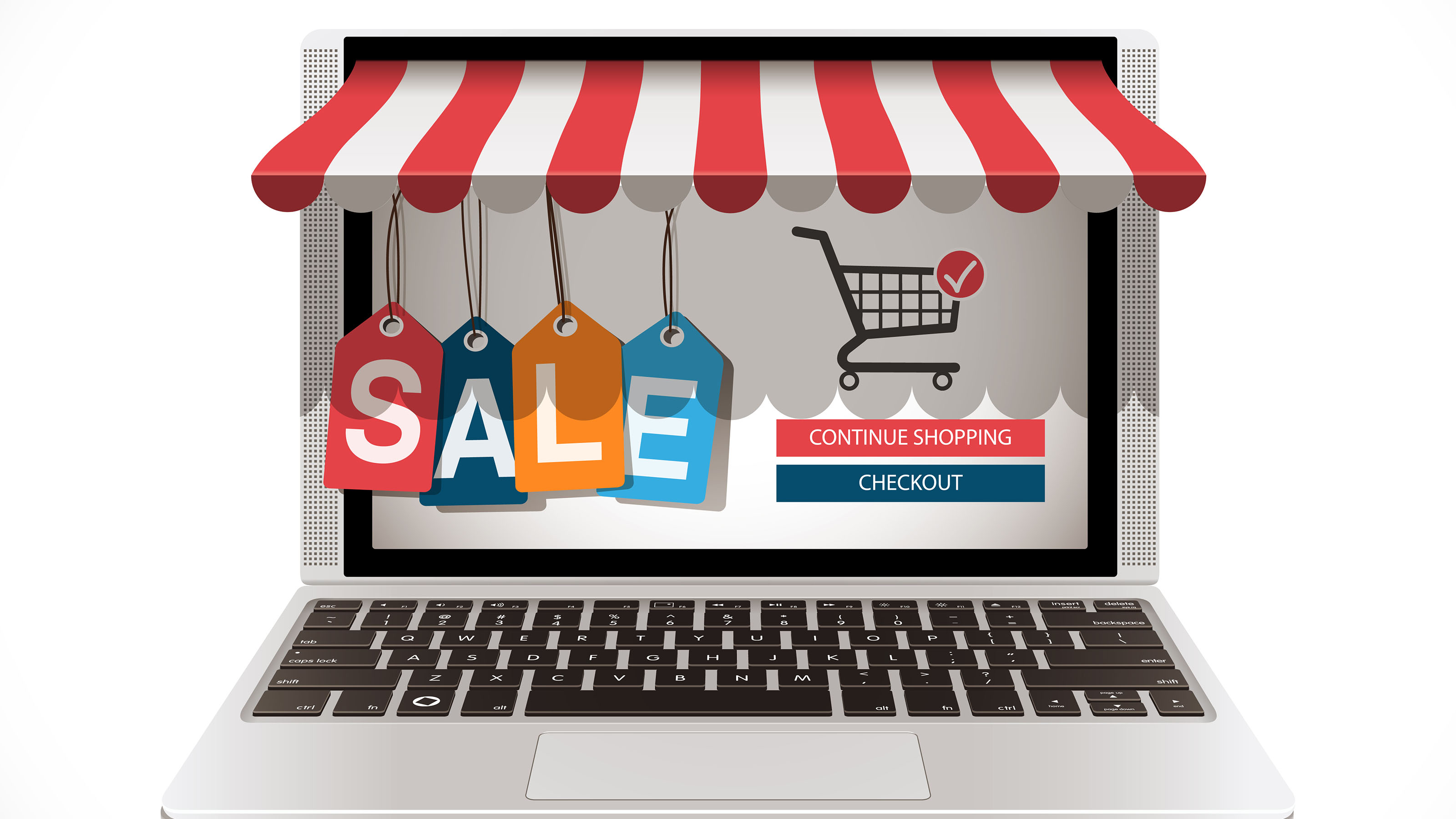 Etsy, eBay, PayPal Want IRS 1099-K Relief for Online Sellers
Etsy, eBay, PayPal Want IRS 1099-K Relief for Online SellersIncome Tax Companies like eBay, Etsy, and PayPal want Congress to raise the $600 reporting threshold for IRS Form 1099-K to give relief to millions of sellers who use their sites.
-
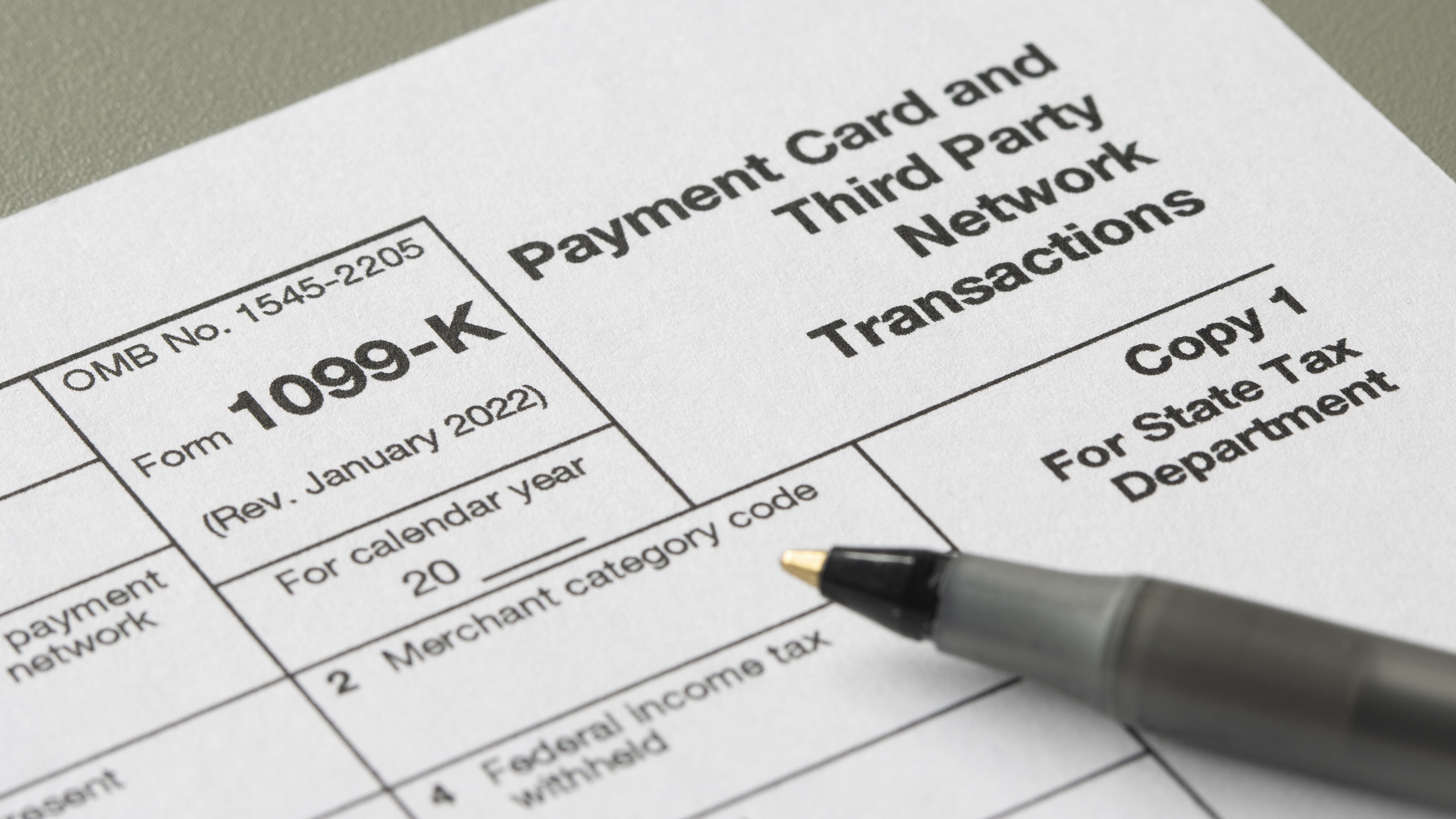 What Is a 1099-K?
What Is a 1099-K?Form 1099-K is used to report certain payment transactions. Here’s what to know about the form and what to do when you receive one.
-
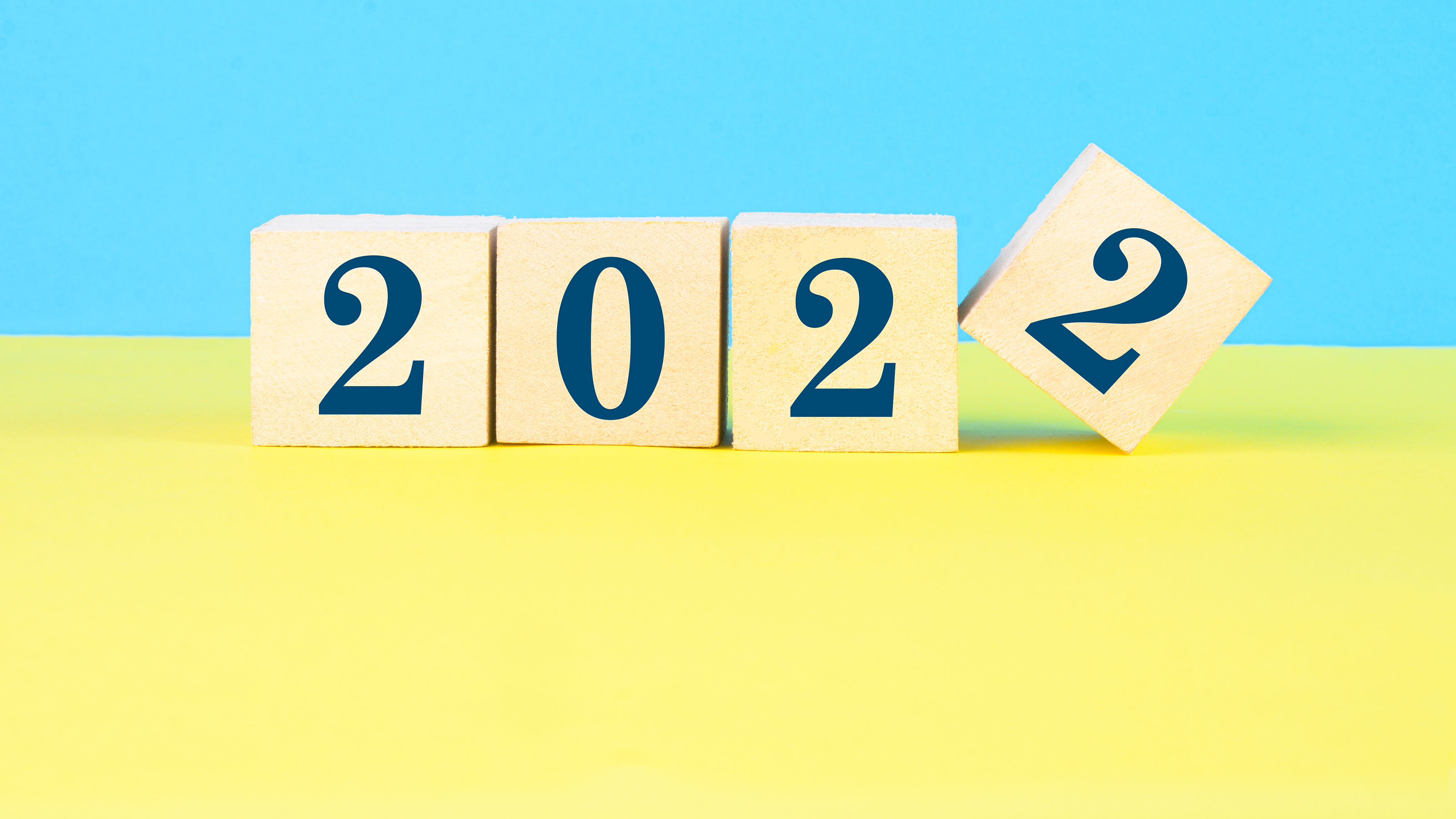 Top Tax Stories of 2022 (That Still Matter for 2023)
Top Tax Stories of 2022 (That Still Matter for 2023)Kiplinger highlights some of its top tax stories of 2022 about topics that can still impact your finances in 2023.
-
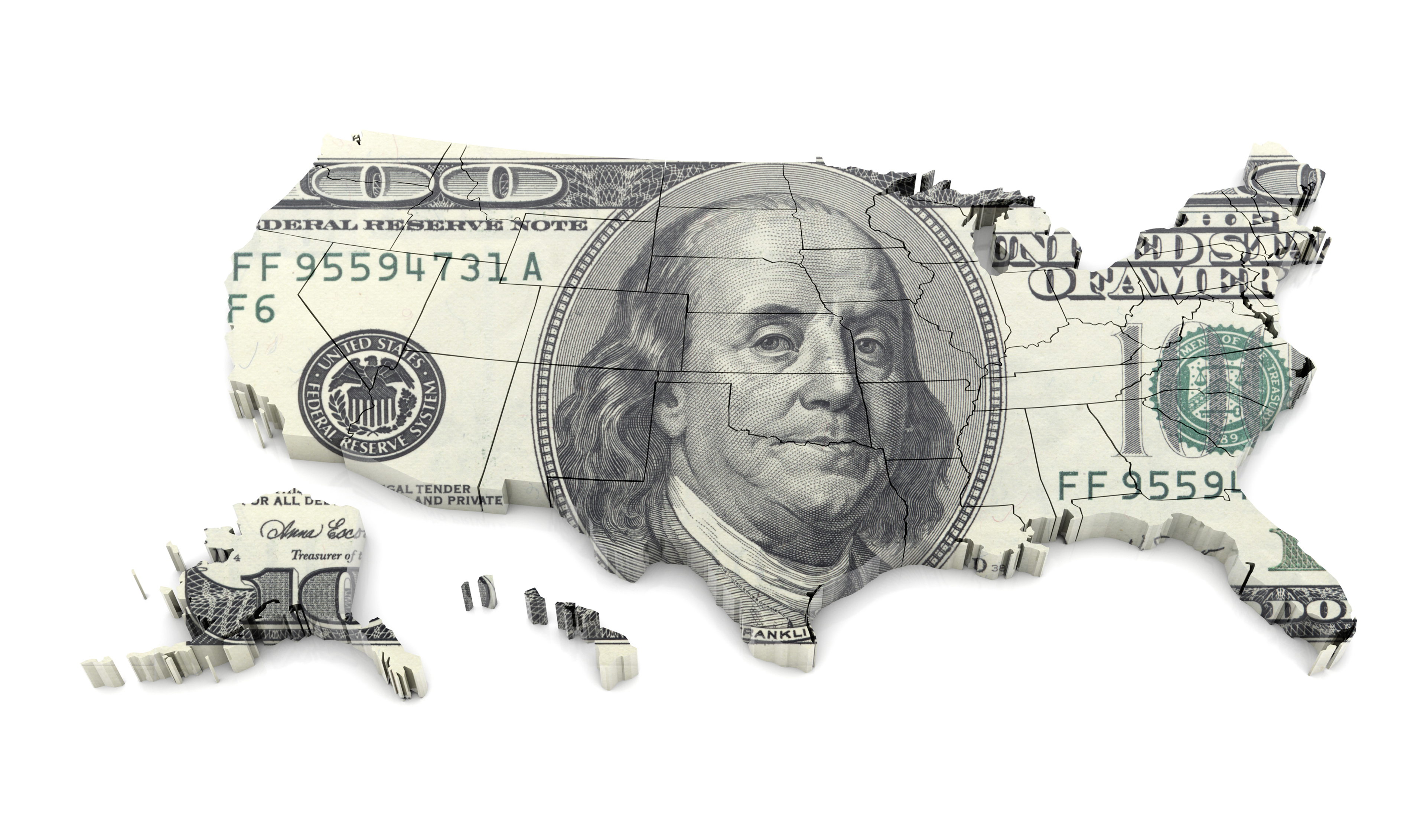 10 Least Tax-Friendly States for Middle-Class Families
10 Least Tax-Friendly States for Middle-Class FamiliesState Tax Here’s what living in one of the least tax-friendly states for middle-class families costs residents.
-
 Low-Tax States for 'Middle-Class' Families in 2026
Low-Tax States for 'Middle-Class' Families in 2026State Tax Here are the best states for families with middle incomes (due to low tax burdens).
-
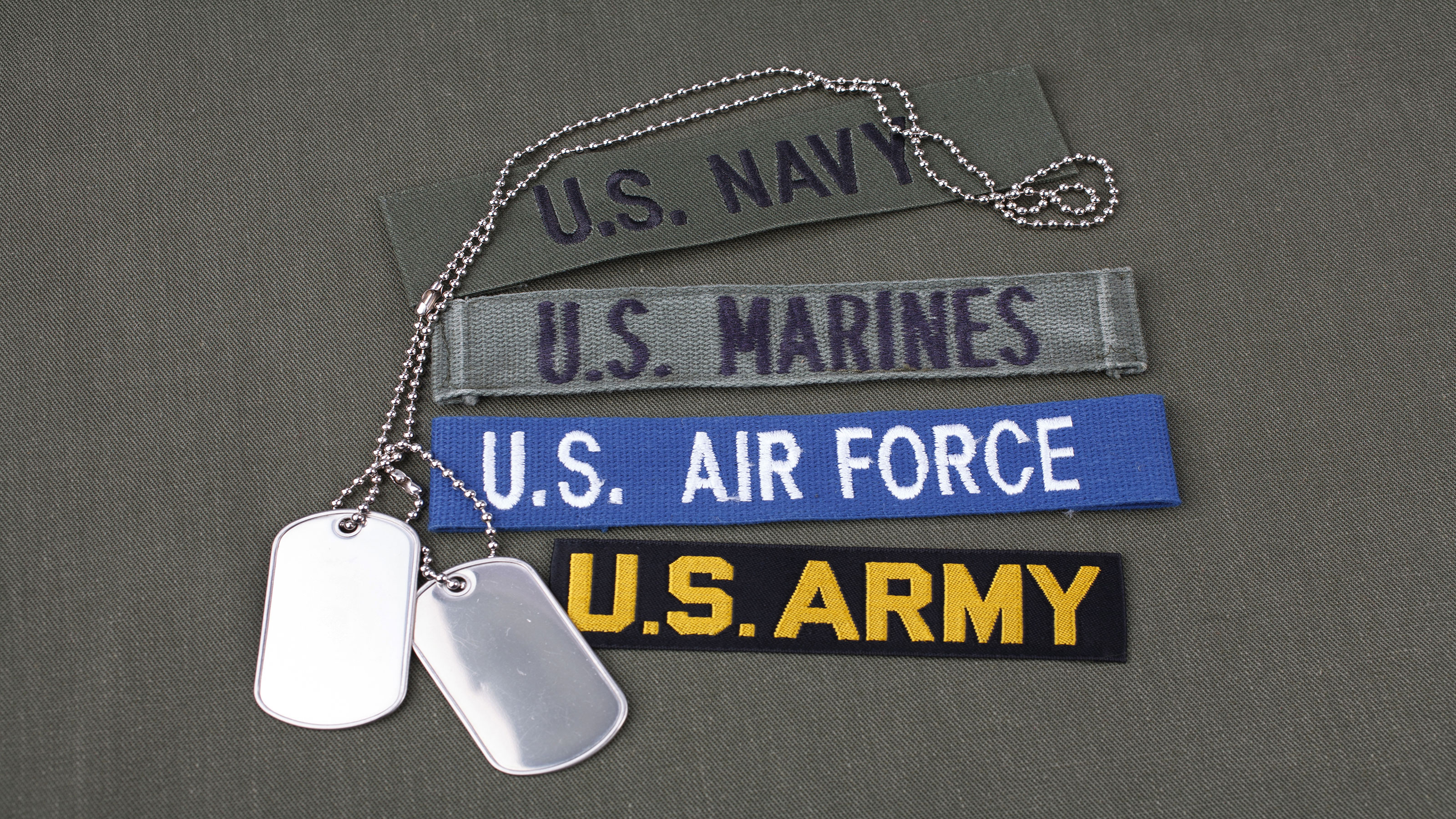 15 States That Tax Military Retirement Pay (and Other States That Don't)
15 States That Tax Military Retirement Pay (and Other States That Don't)retirement Taxes on military retirement pay vary from state-to-state. How generous is your state when it comes to helping retired veterans at tax time?

